.webp)
Various Brands
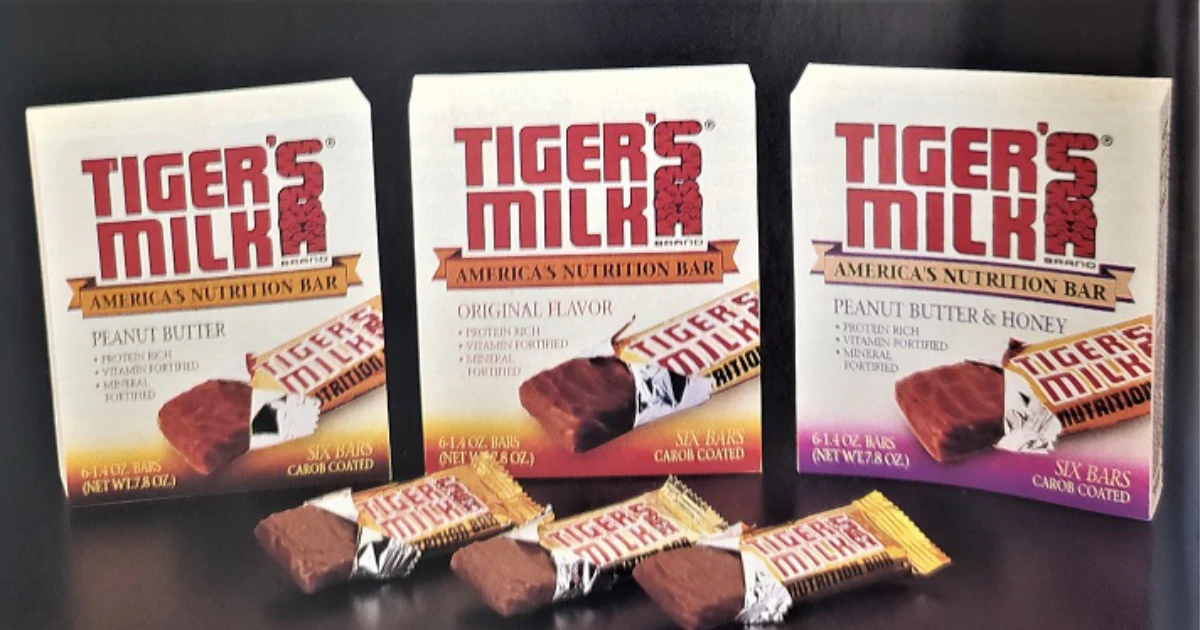
Discontinued: December 2022
Tiger's Milk branded itself as "America's Original Nutrition Bar" and sold through health food stores starting in the 1960s. Each bar had 6 grams of protein but more sugar. The bars were closer to candy than real protein bars.
Weider bought the brand in the 1980s. McCormick picked it up later in a $4.2 billion deal in 2017. A lawsuit in 2019 challenged the "protein-rich" claim on the wrapper. McCormick stopped making the bars in 2020, tried a rebrand, then discontinued the "nutritious" snack in December 2022.

Discontinued: July 2024
A marathoner created PowerBar in 1986 to fuel long races. Each bar had 21 grams of sugar and 7 grams of protein. Athletes hated the texture. The bars turned hard as rocks in cold weather and stretched like taffy when hot.
PowerBar created the category but lost customers to Clif Bar and others. Sadly, the company killed the performance energy bar line in July 2024.

Discontinued: March 20, 2024
ZonePerfect built its bars around the Zone diet: 40% carbs, 30% protein, 30% fat. The bars launched in the early 2000s with 12-15 grams of protein and 19 vitamins and minerals.
Abbott Laboratories owned the brand and sponsored marathons. On March 20, 2024, ZonePerfect stopped making all protein bars. Fans missed Fudge Graham, Cookie Dough, and Sweet & Salty Trail Mix the most.
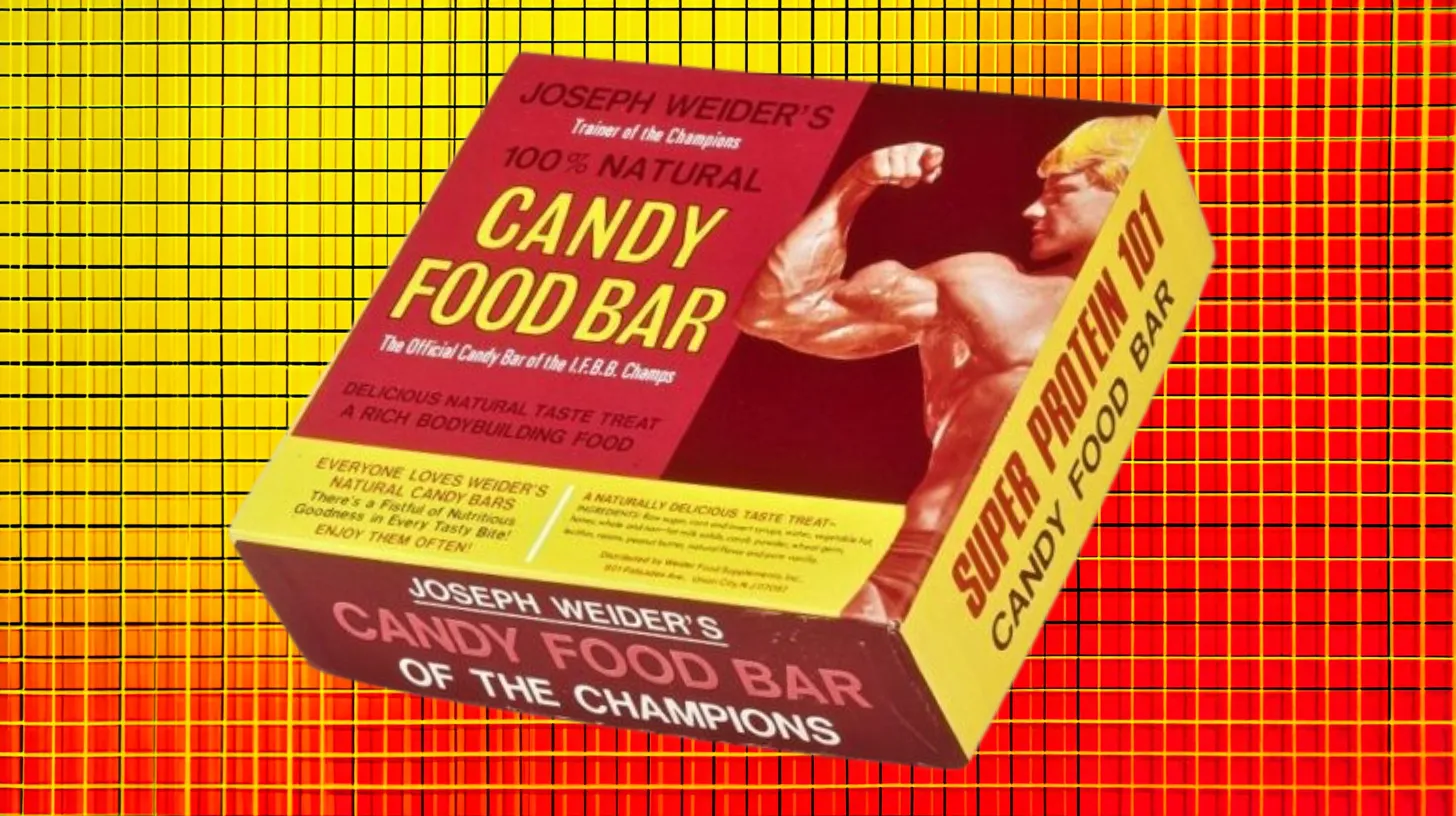
Discontinued: 1970s-1980s (estimated)
Joe Weider launched these protein bars in the late 1960s. The line had three types: Mr. America Crash Weight-Gain, Mr. America Super Protein 101, and Mr. America Insta-Power Quick Energy. Bodybuilder Dave Draper appeared on the packaging. The wrapper claimed these were "The Official Candy Bar of the I.F.B.B. Champs."
The bars had no nutrition labels. The Super Protein 101 listed raw sugar, corn syrup, and water before any protein. The Weight-Gain bar packed 282 calories into 2 ounces, more than a Snickers.
But the brand went under sometime in the 1970s and 1980s.

Discontinued: 1960s-1970s (estimated)
Bob Hoffman made weightlifting equipment through York Barbell. In 1952, he created Hi-Proteen Fudge. Most food historians claim it is the first real protein bar. Each box held ten bars made from soy protein powder, peanut butter, and honey. Six bars gave you 10 grams of protein.
Hoffman worked 23 miles from Hershey, Pennsylvania. His bars looked like chocolate candy. These bars appeared during the 1950s protein boom in weightlifting and ranked among the first protein snacks.
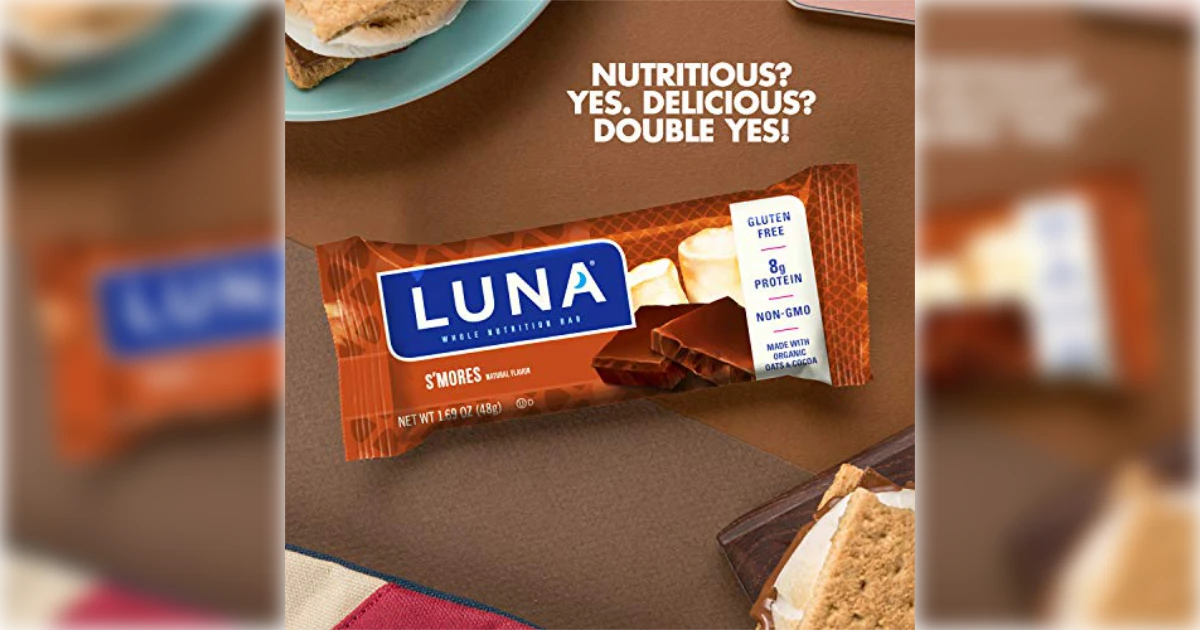
Discontinued: Around 2023
Luna Bar launched in 1999 as one of the first energy bars for women. Each bar stayed under 200 calories with 7-9 grams of protein. The S'mores flavor mixed graham cracker, marshmallow, and chocolate.
In August 2023, a Twitter user asked where to find the bars. Luna confirmed the flavor was gone.
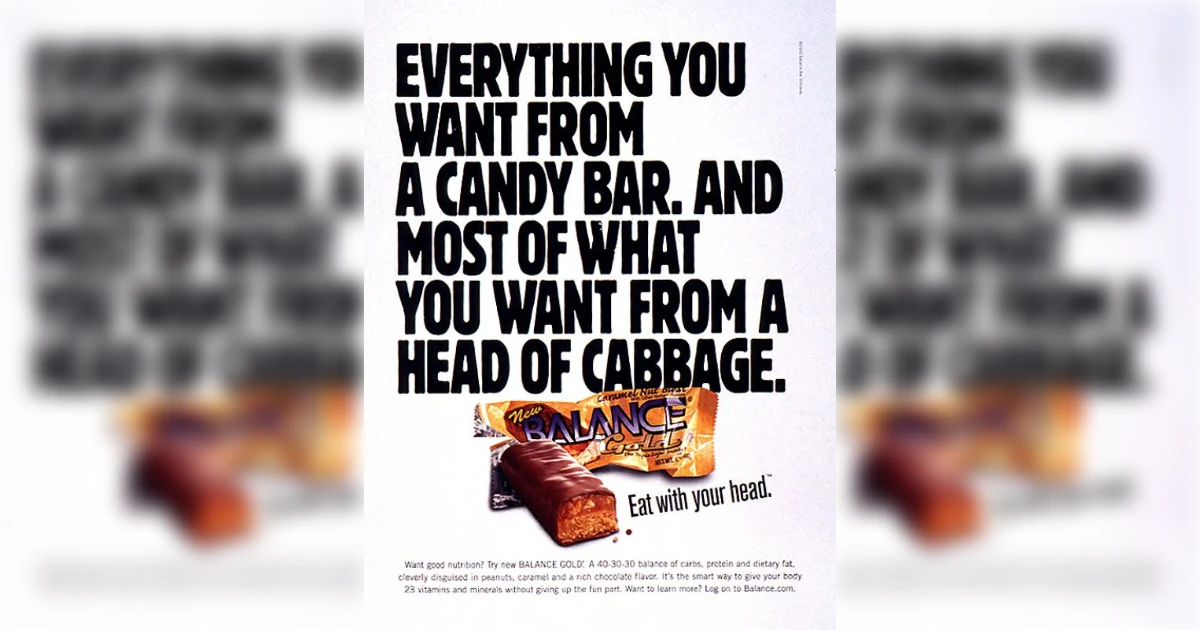
Discontinued: Various flavors over time (brand reduced)
Balance Bar started in 1992 following Dr. Barry Sears' Zone diet: 40% carbs, 30% protein, 30% fat. Sales grew from $1.3 million in 1995 to $81.7 million in 1998.
Kraft paid $268 million for the company in 2000, adding a 37% premium. The brand stalled under Kraft. Private equity firm Brynwood Partners bought it in 2009. NBTY took over in 2012. Many flavors have since disappeared. The brand still exists, but in a limited form.
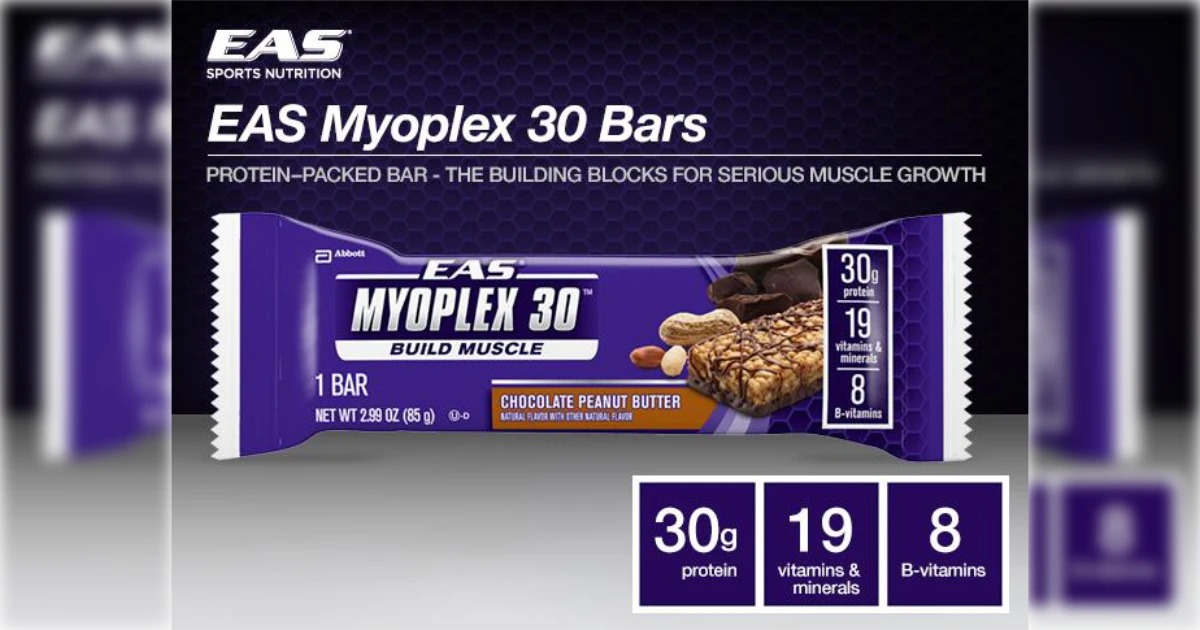
Discontinued: 2018
EAS Myoplex bars launched in the 1990s alongside meal replacement powders. The powders had 42 grams of protein per serving. Athletes ate the bars to build muscle and recover from workouts.
Abbott Laboratories owned EAS and shut down all supplements in 2018. The company sent letters announcing the end of Myoplex bars, powders, and drinks. Hi-Tech Pharmaceuticals bought the brand in 2022 and brought back some products. The protein bars stayed discontinued.
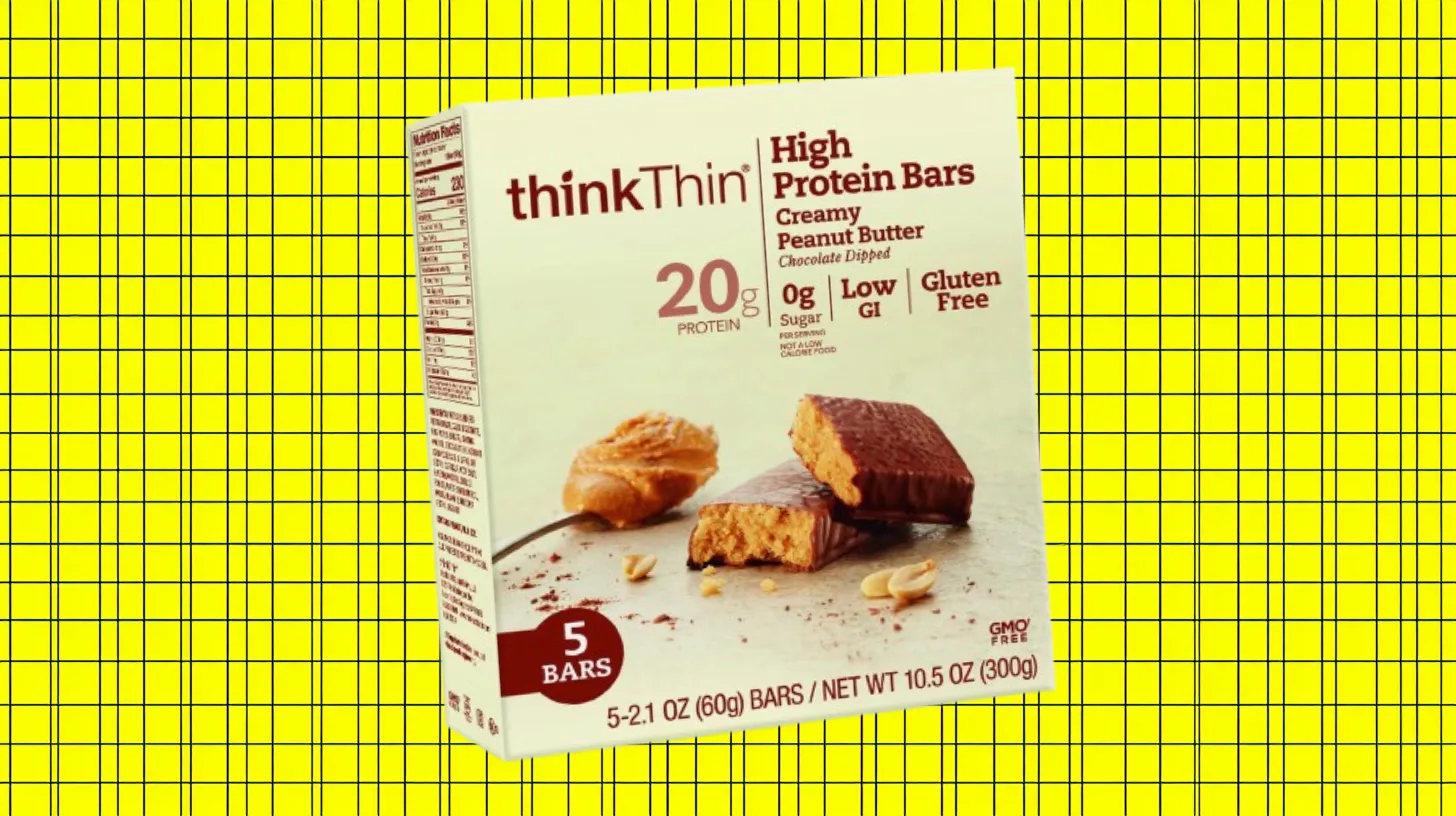
Discontinued: Various flavors over time
thinkThin started in 1999. The gluten-free bars had 20 grams of protein and 3 grams of sugar or less. Glanbia bought the brand for $217 million in 2015.
The company changed its name to "think!" in 2019. The rebrand moved away from diet culture. A company statement said "think! has always been the most powerful part of our brand and at the center of what we believe."
They've discontinued many of their flavors over the years, including: Protein & Superfruit bars, and Protein & Fiber Cinnamon Bun flavor.
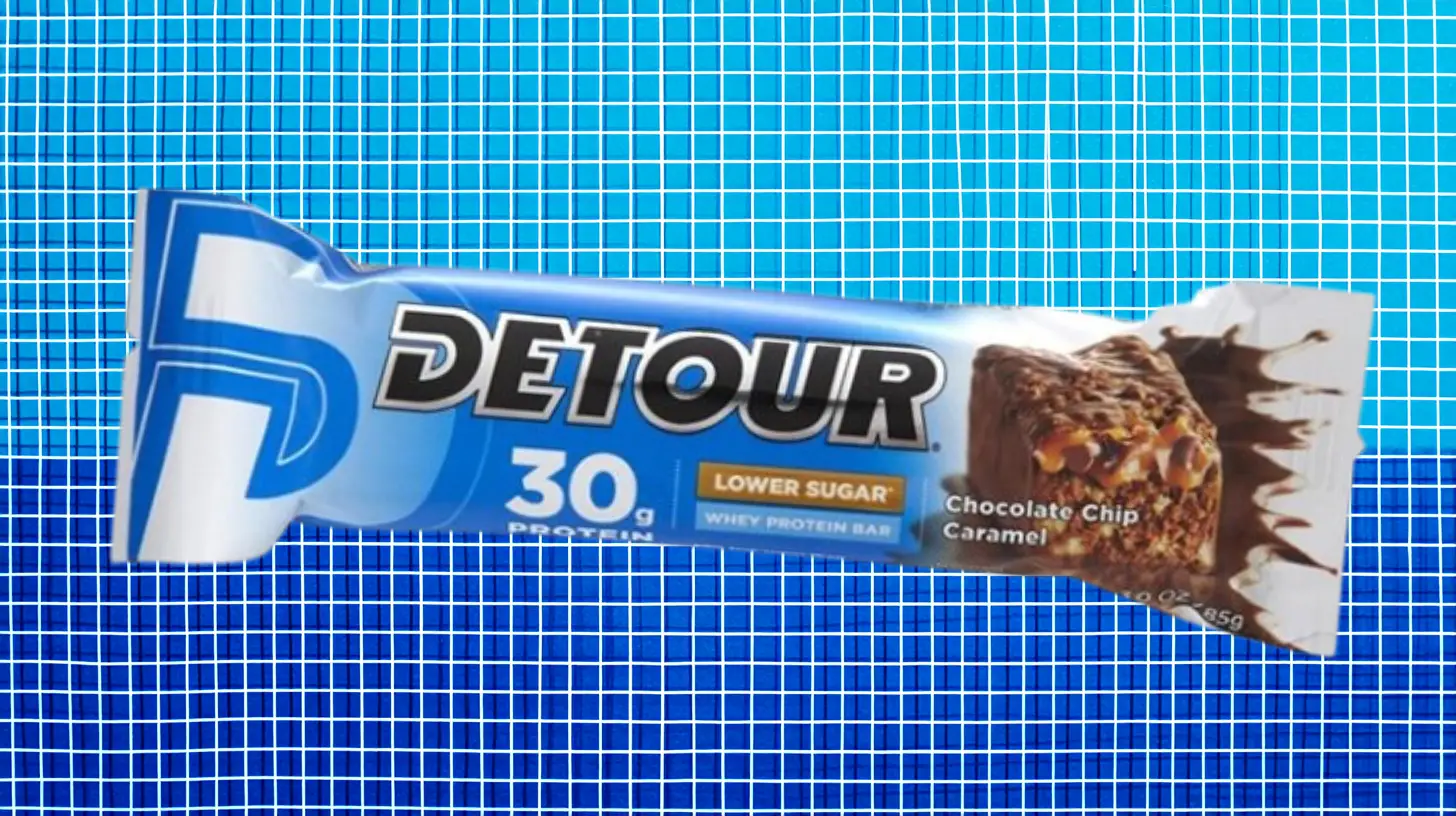
Discontinued: Various flavors over time (brand continues)
Detour bars appeared in the late 1990s or early 2000s. The bars used whey protein as their base. The company made different lines: Lower Sugar, Lean Muscle, and Simple.
Detour mixed protein with sweet coatings like caramel and chocolate. The flavors copied candy bars like Twix. The brand was advertised through professional sports in the 2000s. NFL and NBA athletes appeared in the ads. The brand survives but dropped many of its iconic flavors.

Discontinued: 2009
Caribou Coffee made protein bars in the mid-2000s. The bars mixed nutrition with caffeine for morning energy. Customers loved the coffee taste.
Caribou stopped making the bars in 2009.
The bars built a devoted following before Caribou yanked them.